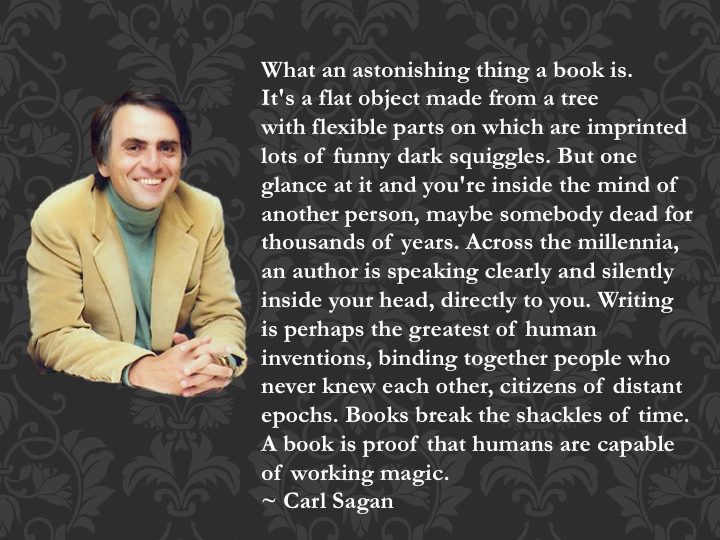The Importance of Books and the MZB Timeline
12 June 2014
Responding to this comment about the timeline on the MetaFilter thread about MZB’s abuse and Breen’s case.
More correct timeline:
- Tor.com publishes their tribute piece on MZB’s birthday. (Now removed, see #3)
- I write my response piece and post a link to it on the Tor.com piece’s comments.
- When looking at my own comments, I notice a lot of hits coming from this File 770 piece that says Tor.com took down the MZB article.
- I’m not proud of this, but here it is. I post a childish gloat. I’d rather the original piece at least mentioned the bad stuff. Even a cursory sentence and we probably wouldn’t be here right now.
- A commenter on my original piece calls me out about my motivations, and, for the first time in 3 years, I re-read MZB’s depositions. Twice. Note that at this point, I haven’t yet read Lisa’s deposition. I thought I had three years ago, but no.
- I respond to my commenter with items out of MZB’s deposition. No further comments from them. (Given the family history there? I truly hope they’re okay. My heart goes out to them.)
- I write to both Moira and Stephen Goldin. I receive a response from Moira, which I asked for permission to post, and received that permission. I received no response from Stephen. (Update: he was offline at the time and has since commented.)
- I posted the followup piece with Moira’s emails.
- Only after I read the MeFi thread did I read Elisabeth Water’s deposition, unaware that I’d missed possibly even more significant content. Ugh.
I’ll promote a paragraph from one of my comments into this post:
Many of us have been through some really dark times, and we have the pieces that spoke to our hearts that got us through those times. It genuinely gives me no joy to know that, for those whom MZB’s works were those pieces, I’ve dislodged that for them.
And I’ll add:
In addition to the lives she harmed, MZB’s works saved the lives of other people by speaking to them when other works and other people would not and/or did not.
Truly.
Rachel E. Holmen, who worked as an editor for Marion Zimmer Bradley’s Fantasy Magazine said about Marion:
When she visited cons, ten or twenty young women an hour would stop by with stories along the lines of “Your books saved my life.”
There are other writers being published now who may speak to those same hearts, but if MZB is still the author that would help them, then I think it’s important that her work be available to do so. This doesn’t diminish her very real (and very severe) failings.
Rachel’s quote points out why we need diverse books by diverse writers that speak to diverse audiences.
Additionally, MZB gave a start to a lot of women writers—a higher percentage than anyone else in the genre at the time. Those writers helped pave the way for even more female voices in the genre.
Including me.
“A Sword Called Rhonda” was in fact a parody of Mercedes Lackey’s works (specifically, Rhonda was a parody of Need), and Lackey was first published by MZB.
I think the Carl Sagan quote about books is a great way to end this.

See also: Paul St John Mackintosh’s article, “More on Marion Zimmer Bradley and the ethics of artists”, which takes a more intellectual approach.
Janni Lee Simner discusses what she and her husband did with the royalties they’d earned from sales to Marion’s anthologies. Thoughtful.